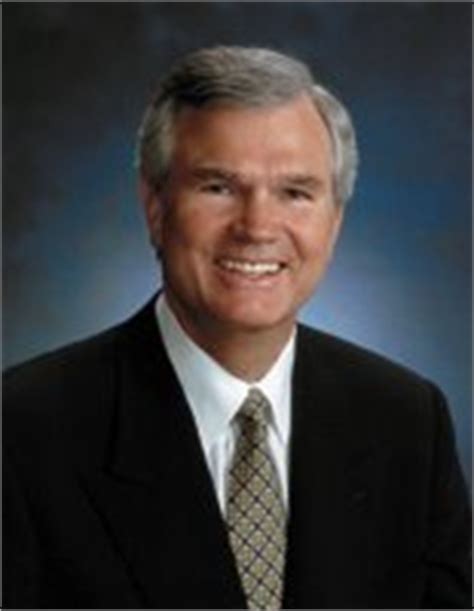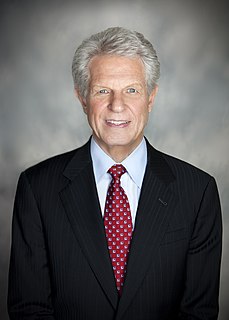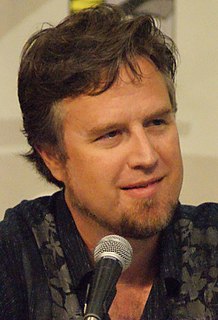A Quote by Eckhard Pfeiffer
I turned Compaq from a small company with troubles into a computer powerhouse. We can do the same at Intershop.
Related Quotes
Artificial intelligence uses a complex set of rules - algorithms - to get to a conclusion. A computer has to calculate its way through all those rules, and that takes a lot of processing. So AI works best when a small computer is using it on a small problem - your car's anti-lock brakes are based on AI. Or you need to use a giant computer on a big problem - like IBM using a room-size machine to compete against humans on Jeopardy in 2011.
I don't think of my characters as bumbling. I think that trouble is what drives a novel, both big troubles and small troubles, and whatever people try to do in life, there are a series of stumbling-blocks in the way, and I think that makes for interesting reading. I think of them as doing their best with the roadblocks that they're given.

































